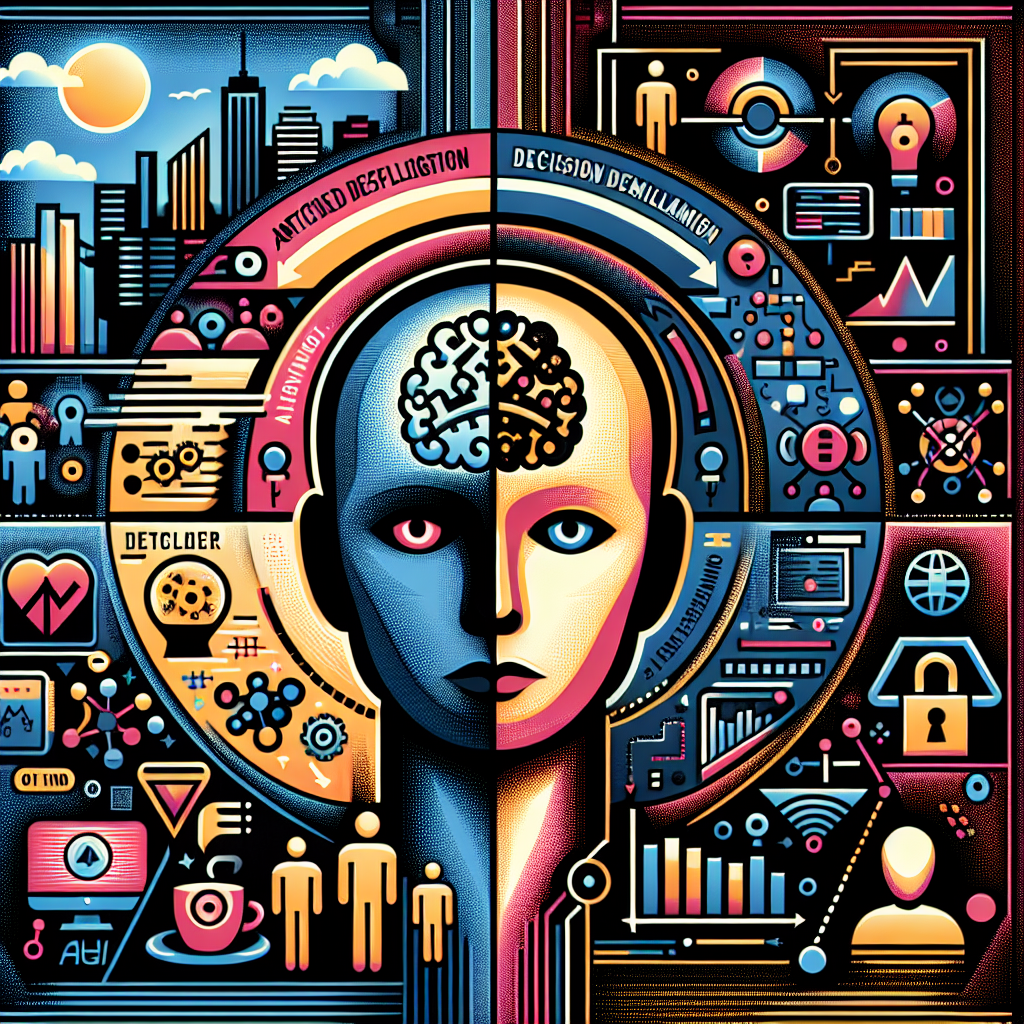Artificial General Intelligence (AGI) has the potential to revolutionize society in both positive and negative ways. AGI refers to a type of artificial intelligence that can perform any intellectual task that a human can. This means that AGI has the ability to think, reason, learn, and problem solve in a way that is indistinguishable from human intelligence.
The impact of AGI on society is vast and complex, with many benefits and challenges to consider. In this article, we will explore the potential benefits of AGI, as well as the challenges it may pose to society. We will also address some frequently asked questions about AGI and its implications for the future.
Benefits of AGI on Society
1. Increased Efficiency and Productivity: AGI has the potential to greatly increase efficiency and productivity in various industries. By automating tasks that currently require human labor, AGI can free up time and resources for more complex and creative endeavors.
2. Improved Healthcare: AGI can revolutionize the healthcare industry by analyzing large amounts of data to identify patterns and trends that can lead to more accurate diagnoses and treatment plans. This can result in better patient outcomes and reduced healthcare costs.
3. Enhanced Education: AGI has the potential to personalize education for each student by adapting to their individual learning styles and needs. This can lead to more effective teaching methods and improved academic performance.
4. Advancements in Science and Research: AGI can accelerate scientific research by analyzing massive amounts of data and identifying patterns that humans may overlook. This can lead to breakthroughs in various fields such as medicine, climate science, and technology.
5. Improved Decision-Making: AGI can assist in making better decisions by analyzing data and predicting outcomes more accurately than humans. This can be beneficial in various sectors such as finance, law enforcement, and government.
Challenges of AGI on Society
1. Job Displacement: One of the biggest challenges of AGI is the potential for widespread job displacement as automation replaces human labor in various industries. This can lead to economic instability and income inequality if not managed properly.
2. Ethical Concerns: AGI raises ethical concerns regarding privacy, security, and accountability. There is a risk of AGI being used for malicious purposes or making decisions that are unethical or biased.
3. Control and Regulation: AGI poses a challenge in terms of control and regulation, as there is a need to ensure that AGI systems are developed and used responsibly. There is a risk of AGI systems becoming uncontrollable or misused if proper safeguards are not in place.
4. Social Impact: AGI can have a significant impact on society in terms of how people interact with technology and each other. There is a risk of increased social isolation and disconnection if humans rely too heavily on AGI for communication and decision-making.
5. Security Risks: AGI poses security risks in terms of cyber attacks and data breaches. There is a risk of AGI systems being hacked or manipulated for malicious purposes, leading to widespread damage and disruption.
FAQs about AGI
Q: What is the difference between AGI and Artificial Narrow Intelligence (ANI)?
A: AGI refers to a type of artificial intelligence that can perform any intellectual task that a human can, while ANI refers to a type of artificial intelligence that is specialized in a specific task or domain.
Q: How close are we to achieving AGI?
A: The timeline for achieving AGI is uncertain, but some experts believe that it could be achieved within the next few decades. However, there are still many technical and ethical challenges that need to be addressed before AGI becomes a reality.
Q: What are some potential risks of AGI?
A: Some potential risks of AGI include job displacement, ethical concerns, control and regulation issues, social impact, and security risks. It is important to address these risks proactively to ensure that AGI is developed and used responsibly.
Q: How can we ensure that AGI is developed and used responsibly?
A: To ensure that AGI is developed and used responsibly, it is important to establish ethical guidelines, regulations, and safeguards that govern the development and deployment of AGI systems. Collaboration between industry, government, and academia is essential to address these challenges effectively.
In conclusion, the impact of AGI on society is both promising and concerning. While AGI has the potential to revolutionize various industries and improve quality of life, it also poses challenges in terms of job displacement, ethical concerns, control and regulation, social impact, and security risks. It is important for society to address these challenges proactively to ensure that AGI is developed and used responsibly for the benefit of all.

